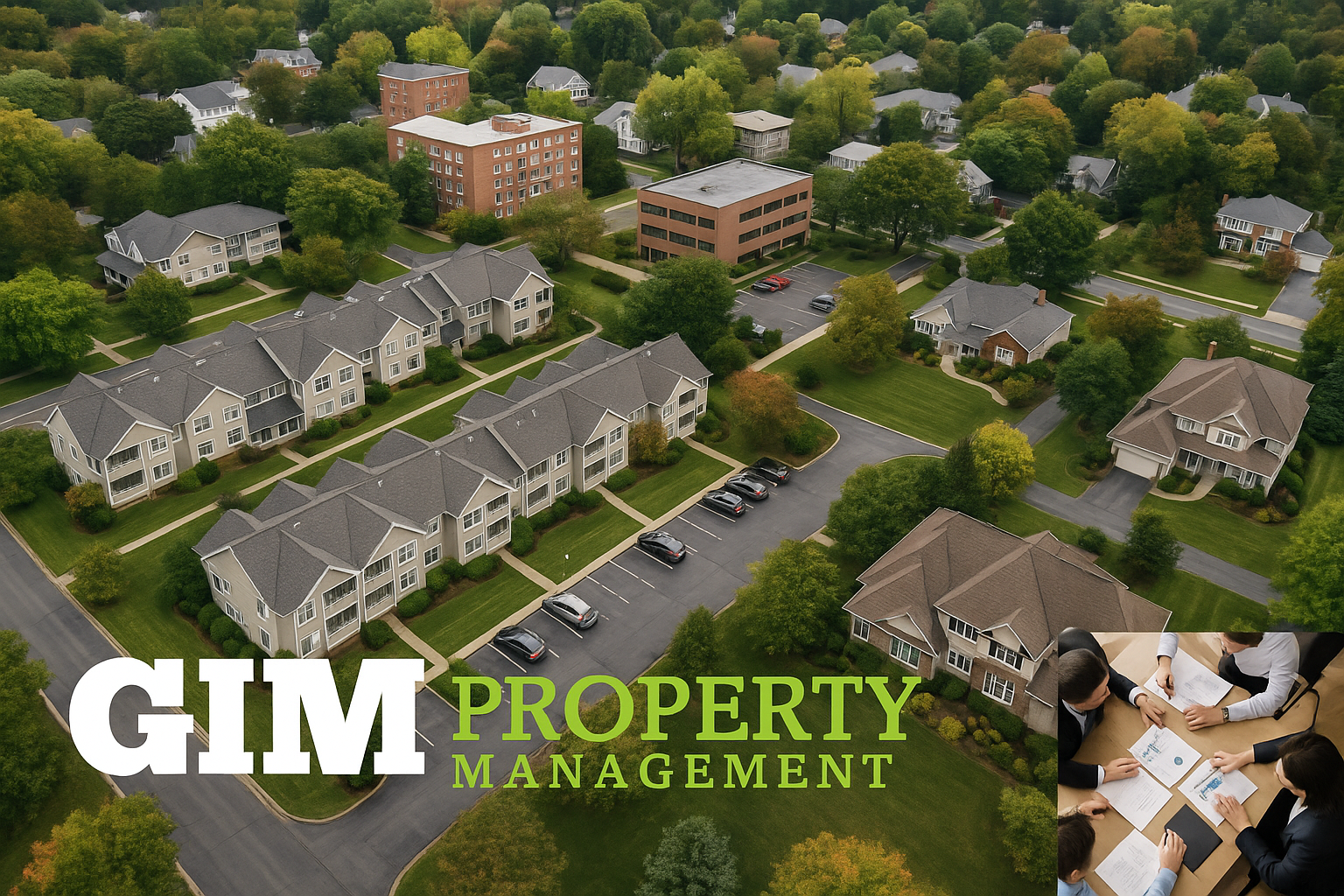Streamline Your Vendor Relations Today
Discover how effective vendor management minimizes risks and enhances service quality for HOAs in Massachusetts.

Discover how effective vendor management minimizes risks and enhances service quality for HOAs in Massachusetts.

Is your HOA board prepared to tackle the complexities of vendor management while minimizing liability risks? Vendor management is a critical component of successful HOA operations, ensuring that your community receives quality services while protecting your association from unnecessary exposure. At GIM Property Management, we specialize in streamlining vendor relations to safeguard your community's interests.
In this post, we will explore the importance of comprehensive vendor contracts, the implementation of a vendor evaluation system, and the prioritization of insurance verification. How can effective vendor management reduce liability risks and enhance service quality for your HOA?
Vendor management involves the strategic handling of suppliers and service providers to ensure that an organization receives high-quality services at optimal costs. For HOAs, this means selecting vendors who meet the community's needs while minimizing liability and risk. A well-managed vendor relationship can lead to improved service delivery and financial savings.
Several key factors contribute to why this can be significant:
Ensuring that vendors comply with local, state, and federal regulations helps avoid legal penalties and protects the community's reputation.
Clearly defined contracts prevent misunderstandings and disputes, outlining expectations and responsibilities for both parties.
Regular assessments of vendor performance ensure that services are delivered as promised and allow for timely interventions if issues arise.
Transparent financial practices with vendors help in maintaining budgetary control and preventing unexpected costs.
Effective vendor management starts with understanding the age and condition of community assets and operational needs. Professional management can streamline these processes by handling the following routine tasks:
Professional management adds value by providing expertise and reducing the administrative burden on board members.
Conduct Market Research
Negotiate Contracts
Implement a Vendor Scorecard
Require Competitive Bidding
Review Contracts Annually
Leverage Technology
Centralize Vendor Management
Prioritize Risk Management
Foster Vendor Relationships
Monitor Market Trends
Need Help Managing Your Budget or Strategy? Contact GIM Property Management to gain expert insights and support in optimizing your HOA's vendor management practices.
Effective vendor management is crucial for balancing service quality with cost savings. By implementing comprehensive contracts, regular performance evaluations, and insurance verifications, HOAs can mitigate risks and enhance vendor relationships. Transparency and ongoing involvement are key to maintaining a strong vendor management framework.
Request a consultation with GIM Property Management today to enhance your vendor management strategy and protect your community's interests.
Contact us to enhance your HOA's vendor management and reduce liability risks.
Contact Us